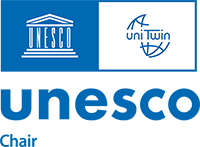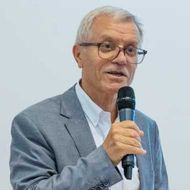
В старых версиях браузеров сайт может отображаться некорректно. Для оптимальной работы с сайтом рекомендуем воспользоваться современным браузером.
✖
- A
- A
- A
- ABC
- ABC
- ABC
- А
- А
- А
- А
- А
Regular version of the site
-
-
Education
-
Science
11 Myasnitskaya St., Moscow
+7 (495) 621-28-73
issek@hse.ru
Administration
Chair Head
–
Alexander Sokolov
Article
Meissner D., Zhou Y., Fischer B. et al.
Technological Forecasting and Social Change. 2022. Vol. 178.
Book
Abdrakhmanova G., Vasilkovsky S., Vishnevskiy K. et al.
M.: National Research University Higher School of Economics, 2022.
Article
Saritas O., Burmaoglu S., Ozdemir D.
Futures. 2022. Vol. 137.
Book chapter
Sokolov A., Shashnov S. A., Kotsemir M. N.
In bk.: BRICS Comprehensive Innovation Competitiveness Report 2020. Scientific and technical documentation press, 2021. P. 36-98.
Tag "international cooperation" – News

- About
- About
- Key Figures & Facts
- Sustainability at HSE University
- Faculties & Departments
- International Partnerships
- Faculty & Staff
- HSE Buildings
- Public Enquiries
- Studies
- Admissions
- Programme Catalogue
- Undergraduate
- Graduate
- Exchange Programmes
- Summer University
- Summer Schools
- Semester in Moscow
- Business Internship
-
https://elearning.hse.ru/en/mooc/
Massive Open Online Courses
-
https://www.hse.ru/en/visual/
HSE Site for the Visually Impaired
-
http://5top100.com/
Russian Academic Excellence Project 5-100
- © HSE University 1993–2024 Contacts Copyright Privacy Policy Site Map
- Edit


